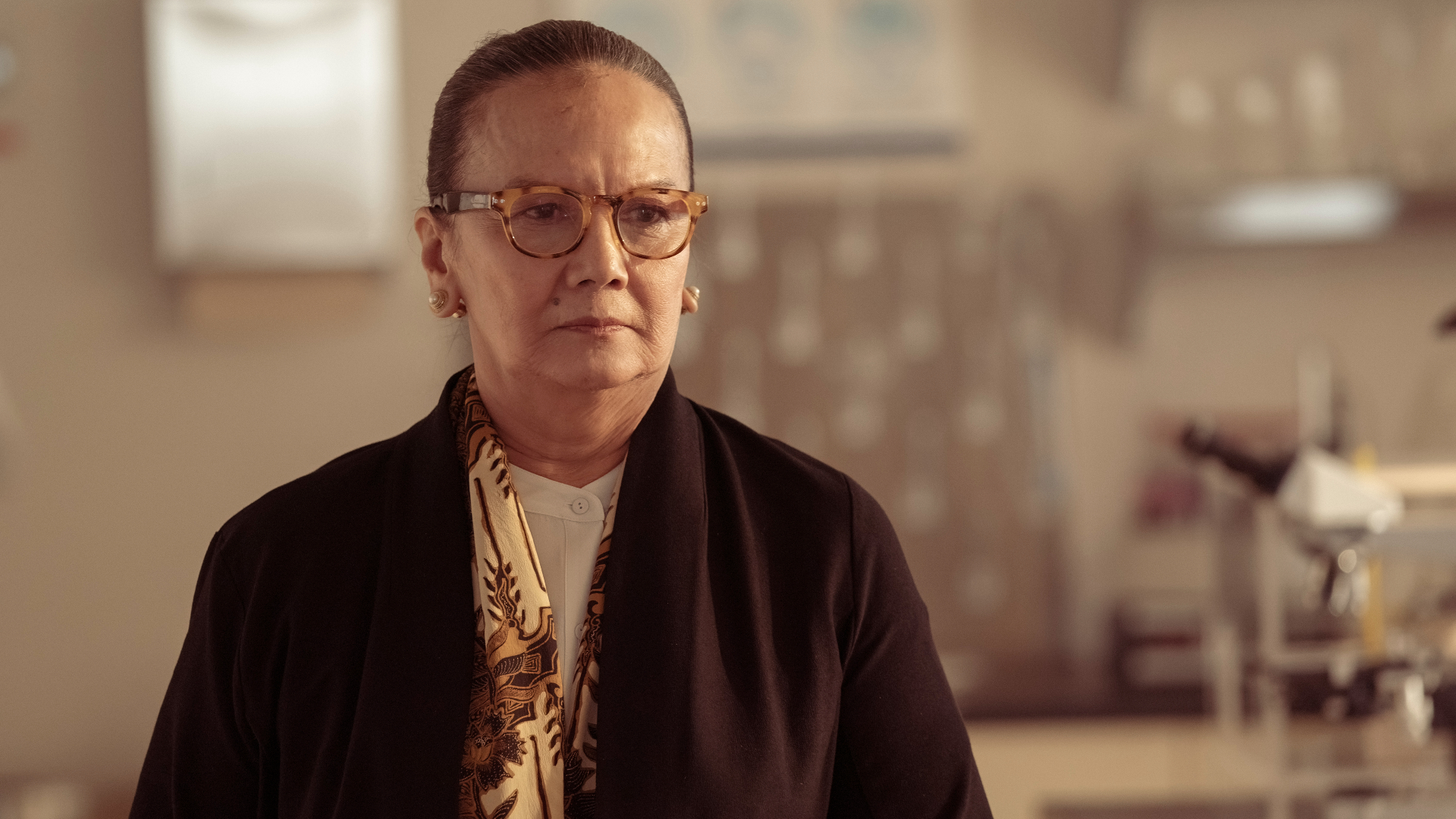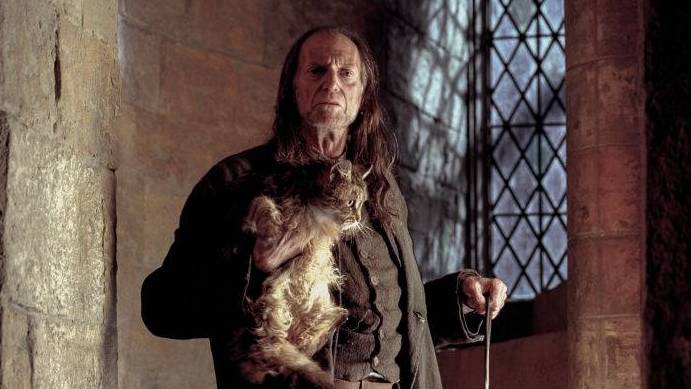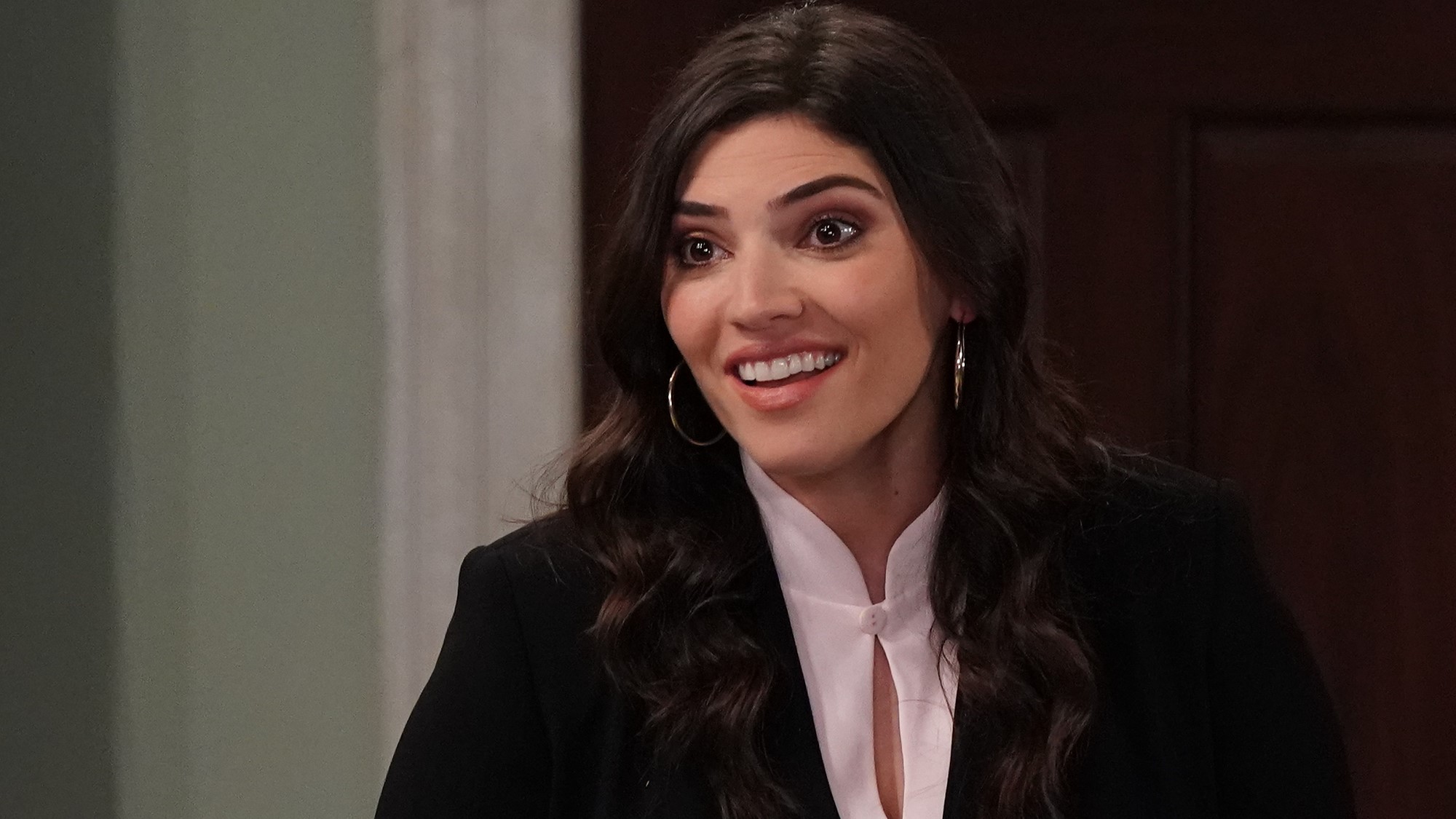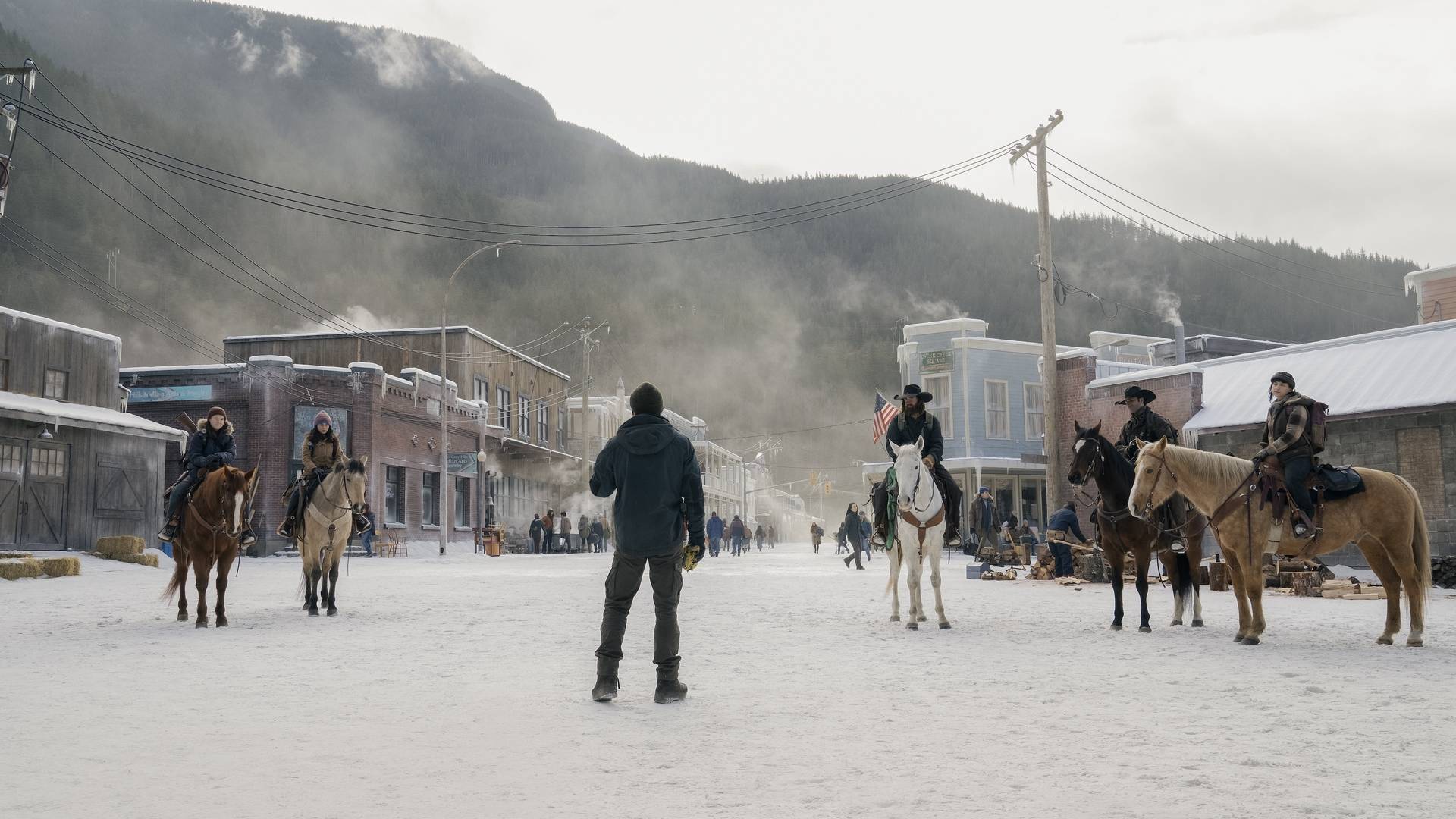What The Last of Us does that The Walking Dead never did
The Last of Us has a very different starting point.

HBO has another big hit on its hands with The Last of Us, a post-apocalyptic survival story based on a video game of the same name. It follows in the footsteps of The Walking Dead, which continues to amble on even though the main show ended in 2022, but has several new spinoffs in the works. Though they're both set in bleak wastelands filled with zombies, The Last of Us did one thing that The Walking Dead never did.
Spoilers for The Last of Us below!
When The Walking Dead premiered on Halloween Night in 2010, horror fans tuned in to see Rick Grimes (Andrew Lincoln) wake up in a hospital bed, alone. That alone could be the basis of a horror series, but it turns out something far more sinister was afoot. Rick soon discovered that something horrible happened while he was in a coma. There were no signs of the living, but the dead were walking. It was unlike anything ever seen before on TV and the show quickly dominated primetime ratings.
When we first meet Joel (Pedro Pascal) in The Last of Us, he's a single dad raising a daughter in 2003 when the world turns upside down overnight. The show's main story takes place two decades after the fall, with humans trying to survive in an uncertain world where threats are hiding around every corner, and even below the ground.
Both shows have a lot in common, but there's one thing that truly separates them: The Last of Us offers clues about what led to the breakdown of civilization while The Walking Dead never revealed the cause of the virus.
During The Last of Us episode 1, two scientists discuss pandemics on a talk show and one warns that the world would be devastated if the cordyceps fungus ever managed to jump the evolutionary pond to infect humans.
In episode 2, aptly titled "Infected," a scientist (Christine Hakim) is called to Jakarta to consult on a possible human transmission of cordyceps. It turns out that person worked at the world's largest flour mill, where other people were infected by "patient zero." Eagle-eyed fans noticed that neither Joel nor his daughter Sarah ate anything with flour in them in the pilot episode despite talk of pancakes, birthday cake and biscuits. Flour, as it turns out, was the key to spreading the cordyceps fungus all over the world.
Get the What to Watch Newsletter
The latest updates, reviews and unmissable series to watch and more!
Co-creator Craig Mazin told Variety that he and Neil Druckmann provide clues about what caused the outbreak. "We are absolutely talking about — there is the world's largest flour mill in Jakarta — so that's a fine theory and I think people should keep running with it."

After 11 seasons of The Walking Dead, we're no closer to learning what happened in those days and weeks while Rick Grimes was in the coma. At the end of season 1, the only surviving scientist at the CDC whispers something in Rick's ear moments before blowing the facility sky high. In season 2, Rick finally makes a chilling confession about what he learned: the virus is already in everyone. You don't have to be bitten; everyone will turn upon dying.
But…why? How?
The Walking Dead creator Robert Kirkman famously maintained he'd never reveal the cause of the outbreak, though he joked about the cause being space spores. Fear the Walking Dead, the first TWD spinoff, offered fans a brief glimpse of what life was like leading up to the turn. The post-credit scenes during The Walking Dead: World Beyond series finale hinted that whatever caused the outbreak originated in a French laboratory, which makes the new Daryl Dixon spinoff's setting — France — even more intriguing.
As a longtime fan of The Walking Dead and a newcomer to The Last of Us, I appreciate that The Last of Us provides insight as to the cause of the outbreak. The fungus-faced clickers are terrifying enough, but the idea that the cordyceps fungus is able to connect them all through underground tendrils, thereby creating a single consciousness, is downright chilling.
Whether you've played the game or not, you understand the why and, roughly, the how. Ellie (Bella Ramsey) might hold the secret to the cure, and now the adventure can begin.
In the case of The Walking Dead, after careful consideration, it’s fair to say the cause of the virus really doesn't matter. For the most part, the walkers have always been fairly cut and dry: they want to eat you, they gravitate toward noise and you can kill them with a blow to the head. Only in season 11 did we learn that the walkers might be evolving (something that was hinted at all the way back in the first season) but the show has always focused on people trying to survive and not so much about people finding a cure.
After so many years in the TWD fandom, while I didn’t have a problem spending so much time in the dark about the origins of the outbreak on The Walking Dead, I don't think I want to do it again. I like answers. I like having a few edges of a new TV show's puzzle set for me so that I know where to start. The Walking Dead blazed a trail for so many genre shows that followed, but I appreciate that The Last of Us opted for answers instead of leaving so many unanswered questions behind.
The Last of Us airs new episodes Sundays on HBO and streaming on HBO Max in the US. It is available Sky TV and NOW in the UK. All 11 seasons of The Walking Dead, meanwhile, are streaming on Netflix.

Sarabeth joined the What to Watch team in May 2022. An avid TV and movie fan, her perennial favorites are The Walking Dead, American Horror Story, true crime documentaries on Netflix and anything from Passionflix. You’ve Got Mail, Ocean's Eleven and Signs are movies that she can watch all day long. She's also a huge baseball fan, and hockey is a new favorite.
When she's not working, Sarabeth hosts the My Nights Are Booked Podcast and a blog dedicated to books and interviews with authors and actors. She also published her first novel, Once Upon an Interview, in 2022.










